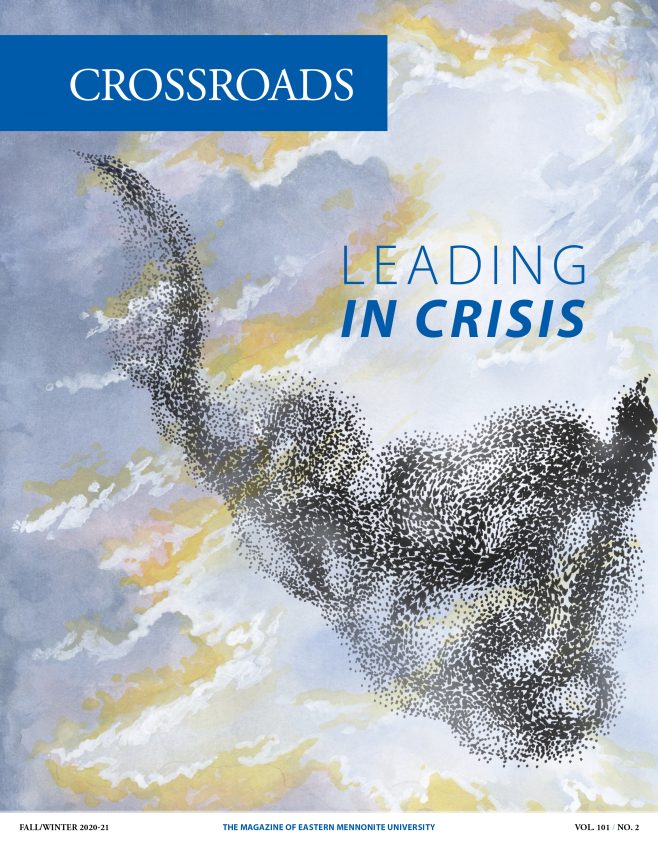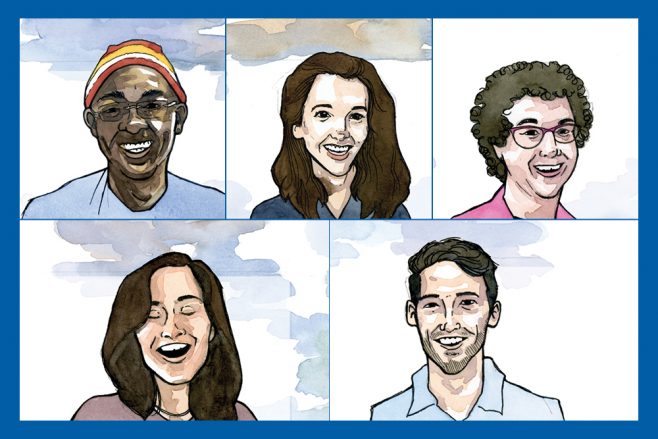
ONE OF THE CENTER FOR JUSTICE AND PEACEBUILDING’S FOREMOST STRENGTHS is its alumni network – peacebuilders scattered across the globe, each with their own areas of expertise in building up the communities around them. This summer, these practitioners and scholars convened virtually via the software QiQoChat to discuss the most pressing issues of 2020: racial and environmental justice and the COVID-19 pandemic. They were joined by participants of the Summer Peacebuilding Institute.
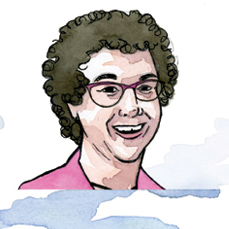
“As we were designing this process, I kept thinking, ‘If we can’t be together, what better way to celebrate the CJP 25th anniversary during a pandemic combined with a global uprising against racist systems than gathering to learn from each other. The wisdom is in the community! Let’s tap into it.'”
JAYNE DOCHERTY is the executive director of CJP.

“It was terrific sharing ideas with peacebuilders globally. Racism is structural and systemic. For us, as peacebuilders, we feel that we are immune to the situation, but the reality is that we carry our bias which might influence us. Recalling the concept of white fragility, it is easy not to acknowledge or appreciate our role in the situation. The discussion was an excellent tool for self-reflection on our role in the scheme of things!”
COLINS IMOH MA ’12 teaches in the criminal justice department at California State University, Sacramento.
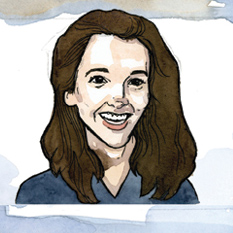
“I think this Open Space process provided an opportunity to both expand and deepen connections across the CJP network, in an experimental way. It was one step towards ongoing efforts to foster a sense of shared identity, contribution, mutuality, and reciprocal modification of the network across geographies.”
BRIDGET MULLINS MA ’15 is a process design and facilitation consultant with Amizade in Pittsburgh.

“I imagine that, together, we can do more than we can do separately, and it’s a way of really helping to bring forth more of the world that we’re wanting to create.”
CATHERINE BARNES teaches strategic peacebuilding and public policy at CJP.
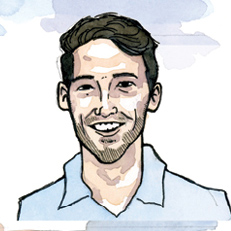
“Graduates of CJP seem to have a shared language that makes any engagement with alumni refreshing and reinforcing – it reminds me that there are so many practitioners doing great work. The Open Space process gave me the chance to engage in some critical questions around RJ that my colleagues are encountering too. It was invaluable.”
